- Date Published:
2024 - Length:
304 pages—Listening Time: 6 hr 26 minutes - Genre:
NonFiction, Memoir - Setting:
2021-present day, countryside close to London - Awards:
British Book Awards Shortlist Non-Fiction: Narrative Book of the Year 2024; Women's Prize for Non-Fiction Shortlist 2025; The Guardian Book of the Day 2024-11-01; Globe and Mail Top 100 Book International Nonfiction 2024 - Language:
English - Sensitive Aspects:
Domestication of wildlife, vulnerability of wildlife, ethics of animal-human relationships - Movie:
As of June 2025, there is no direct information about movie deals for Raising Hare. - Recommend for Book Club:
Yes, nature and animal lovers will be enthralled with this book

If you told me I would be blubbering because an English wild hare hurt one of its hind legs, I would have thought you were insane. Yet, while reading Raising Hare by Chloe Dalton, that's exactly what happened. A bunny's injured leg made me cry like a baby.
Like the author, I became totally, completely engrossed in the life of a hare. There was nothing particularly striking about Dalton's creature. It didn't speak, perform tricks, or possess super powers. It wasn't a reincarnation of some long-lost relative. Dalton didn't even give her furry companion a pet name. But Dalton's relationship with this particular wild creature was extraordinary.
We all accept that there is a barrier between humans and wild animals. We appreciate and try our best to protect wildlife, and most feral critters do whatever it takes to avoid people. That's just the way things are. But when that barrier is pierced, something wonderful and almost magical exists.
While reading this book, I learned a lot about wild hares. I had no clue what a leveret was prior to this read. I learned a lot about the rural countryside of England. I learned about how delicate the balance for survival is for most wild creatures. I learned to be more aware when I'm outdoors. I learned a lot about myself.

Raising Hare is a memoir by Chloe Dalton that chronicles her unexpected journey of rescuing and raising a wild baby hare, or leveret, during the COVID-19 lockdown in the English countryside. Relocating from London to her childhood home forces Dalton, a busy political adviser and speechwriter, to slow down and reconnect with nature. One winter day, she discovers an abandoned newborn hare on a country path and, after waiting in vain for its mother to return, decides to take the vulnerable animal in.
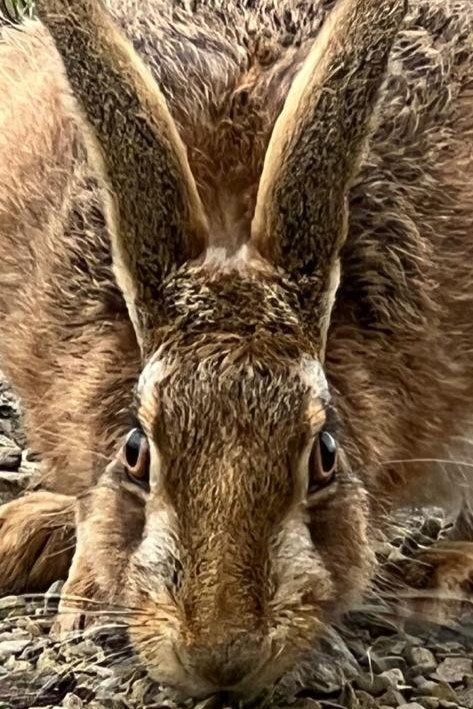
Dalton quickly learns that caring for a wild hare is vastly different from raising a domesticated animal. Leverets are notoriously difficult to rear in captivity, often succumbing to shock or starvation. Through trial, error, and research—much of it gleaned from old poetry and scant scientific resources—Dalton bottle-feeds the hare, provides it with oats and pears, and adapts her home and habits to accommodate its nocturnal, sensitive nature. She resists the urge to domesticate or name the animal, striving instead to give it as much freedom as possible, including installing a door so the hare can come and go at will.
The memoir details the challenges and joys of this unique human-animal relationship. The hare becomes a semi-wild companion, roaming the fields at night and returning to Dalton’s house to rest, play, and, eventually, give birth to its own young inside her home. Dalton’s efforts are always guided by the goal of returning the hare to the wild, even as she grows deeply attached and learns to let go.
Beyond the personal story, Raising Hare is a meditation on freedom, trust, loss, and our relationship with the natural world. Dalton weaves in natural history, folklore, and reflections on how hares have been misunderstood or maligned in literature and culture. The book is praised for its lyrical writing and for offering readers a renewed sense of wonder and empathy for wildlife, as well as a gentle nudge to slow down and appreciate the world around us.
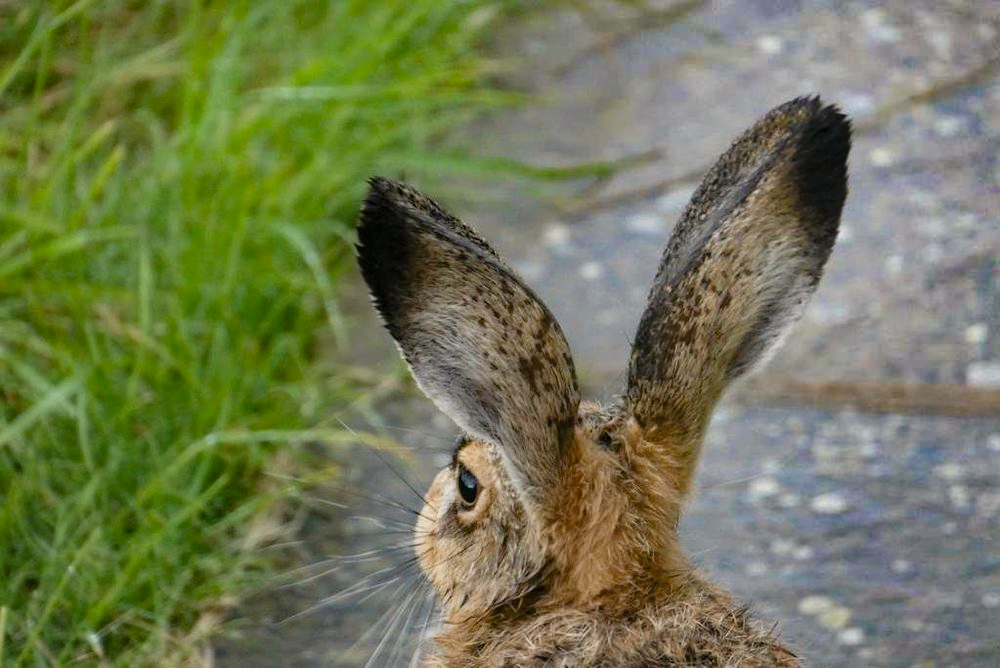
Ultimately, Dalton’s experience with the hare changes her: it rekindles her curiosity, challenges her priorities, and deepens her connection to nature. The memoir stands as a testament to the life-changing effects of caring for another being and the beauty that can arise from unexpected encounters with the wild.

This book resonates on both an emotional and intellectual level. It fits within a growing genre of books that highlight the significance of forging deep, respectful connections with the natural world. Specifically, here is why I loved this book and think you will too.
For Fans of Nature Writing and Animal Memoirs
If you appreciate works like Robin Wall Kimmerer’s Braiding Sweetgrass or Helen Macdonald’s H Is for Hawk, you will likely appreciate this novel. It connects the dots between a wildlife identification manual and emotional adoration and empathy for wild creatures.
A Unique and Heartfelt Nature Memoir
Raising Hare stands out as a moving meditation on freedom, trust, loss, and humanity’s relationship with the wild. The book chronicles her unexpected journey after rescuing an abandoned leveret (a baby hare) in the English countryside. What begins as a simple act of compassion evolves into a profound exploration of coexistence, the boundaries between wildness and domestication, and the delicate balance required to help a wild animal survive without making it a pet.
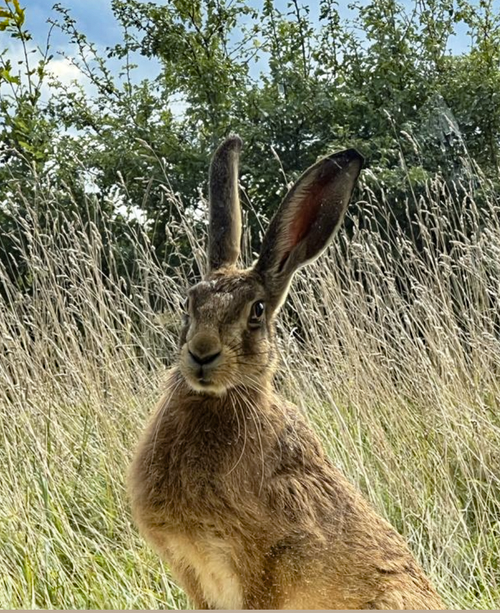
Immersive Storytelling and Vivid Descriptions
Dalton’s writing is praised for its vivid, immersive quality. Readers are transported to her rural surroundings, able to feel the fresh air, hear the sounds of the countryside, and witness the hare’s daily life. The narrative is filled with tension, beauty, and moments of genuine wonder, making it both captivating and heartwarming.
Insight into the Natural World and Conservation
The memoir offers an intimate look at hares—creatures often overlooked or misunderstood—and their precarious place in the modern world. Dalton weaves in fascinating facts about hares, their history in art and folklore, and the alarming decline of their populations due to habitat loss and hunting. Her story becomes a gentle call to respect and protect wildlife, echoing broader themes of conservation and ecological awareness.
Personal Growth and Transformation
Dalton’s journey is not only about the hare’s survival but also her own transformation. Through caring for the leveret, she learns patience, humility, and a new way of seeing the world. The experience reconnects her with her childhood enthusiasm for wildlife and inspires her to adopt a simpler, more attentive lifestyle.
A Gentle, Hopeful Read
Despite the challenges and uncertainties, Raising Hare is described as uplifting and hopeful. It avoids the common pitfall of tragic animal memoirs—readers are reassured that the hare’s story is one of resilience and new beginnings, not loss. The book’s gentle tone and thoughtful reflections make it a comforting read, especially for those seeking solace or inspiration from nature.

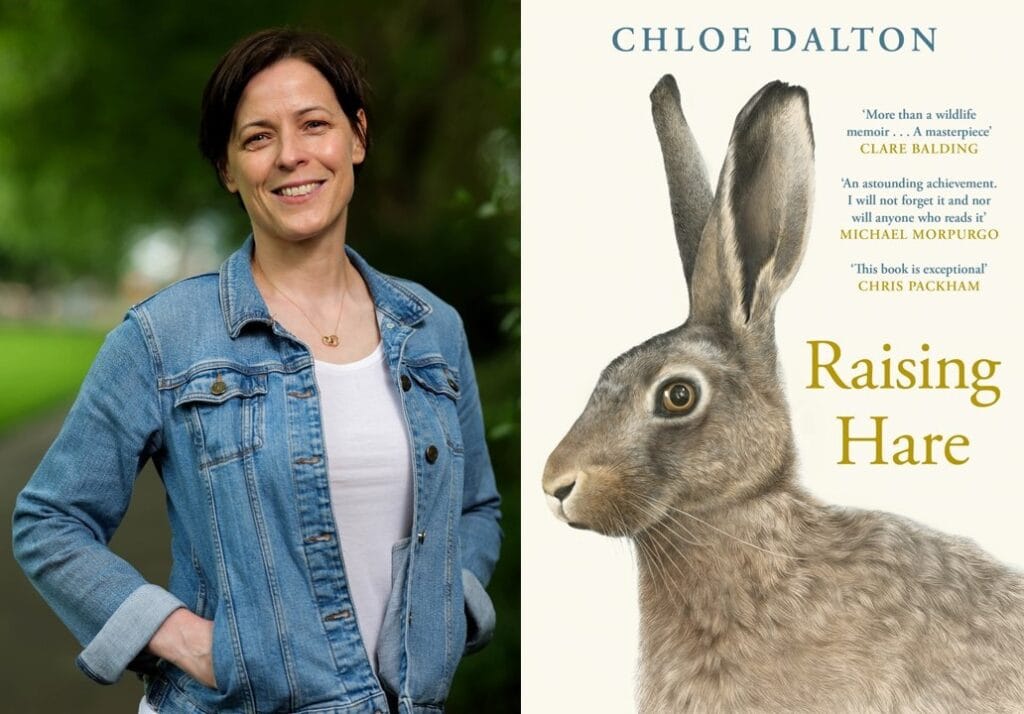
Get Chloe Dalton Books
A touching guide to conversing with nature.
Bookshop.org was created as a socially conscious alternative to Amazon, with the goal of helping local, independent bookstores thrive. This is why Readers With Wrinkles supports their efforts. Please join us in this effort by purchasing your next read here.

If you’re drawn to stories that blend memoir, nature writing, and the transformative impact of animals, any of these books would be a worthy next reads.
- The Year of the Hare by Arto Paasilinna: This novel follows a man who, after rescuing a hare, leaves his mundane urban life behind and embarks on a series of adventures. The book explores the transformative power of animal encounters and the search for freedom, with a tone that is both captivating and deceptively simple. Dalton herself cites it as an inspiration and recommends it to nature lovers and those fascinated by hares.
- H is for Hawk by Helen Macdonald: Frequently mentioned alongside Raising Hare, this memoir details Macdonald’s experience training a goshawk after her father’s death. It’s a profound meditation on grief, wildness, and the complexities of human-animal relationships, similar in spirit to Dalton’s story.
- Ring of Bright Water by Gavin Maxwell: A classic memoir about the author’s life with otters in the Scottish Highlands. Like Raising Hare, it celebrates the bond between human and wild animal and the challenges of respecting the animal’s wildness.
- My Family and Other Animals by Gerald Durrell: While broader in scope, this memoir is beloved for its warmth, humor, and vivid observations of the natural world, including the author’s interactions with a variety of animals. It shares Dalton’s appreciation for the quirks and wonders of wildlife.
- Wilding by Isabella Tree: This acclaimed nonfiction book tells the story of the Knepp Estate’s rewilding project in England. It’s an inspiring account of letting nature take the lead, with deep insights into the lives of wild animals and the impact of human intervention.
- The Running Hare: The Secret Life of Farmland by John Lewis-Stempel: This book explores the decline of traditional farmland and the wildlife it supports, focusing on the hare as a symbol of the English countryside. It combines personal narrative with environmental reflection, echoing Dalton’s themes.
- The Lost Rainforests of Britain by Guy Shrubsole: For readers interested in the intersection of personal discovery and environmental advocacy, this book chronicles the forgotten rainforests of Britain and efforts to restore them, with a strong sense of place and natural history.

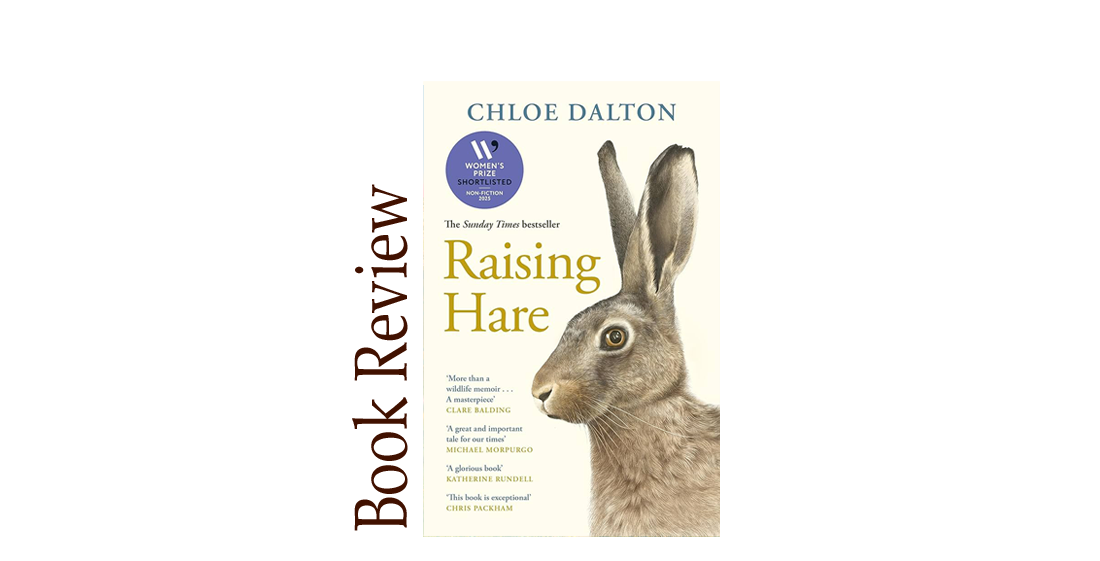
Comments